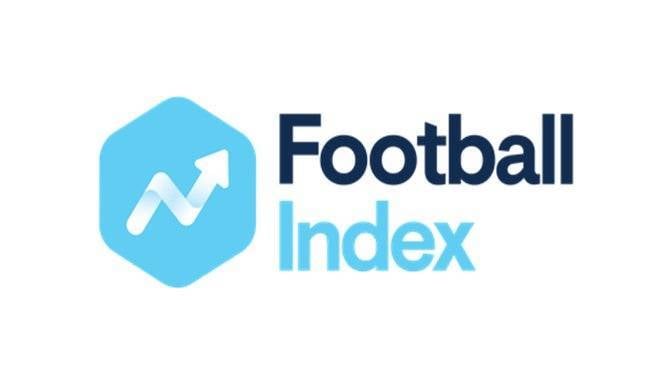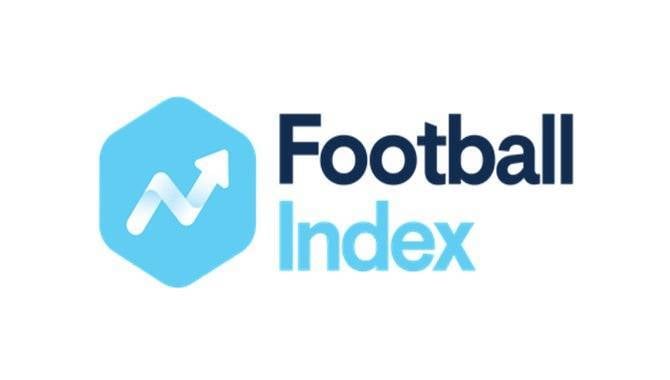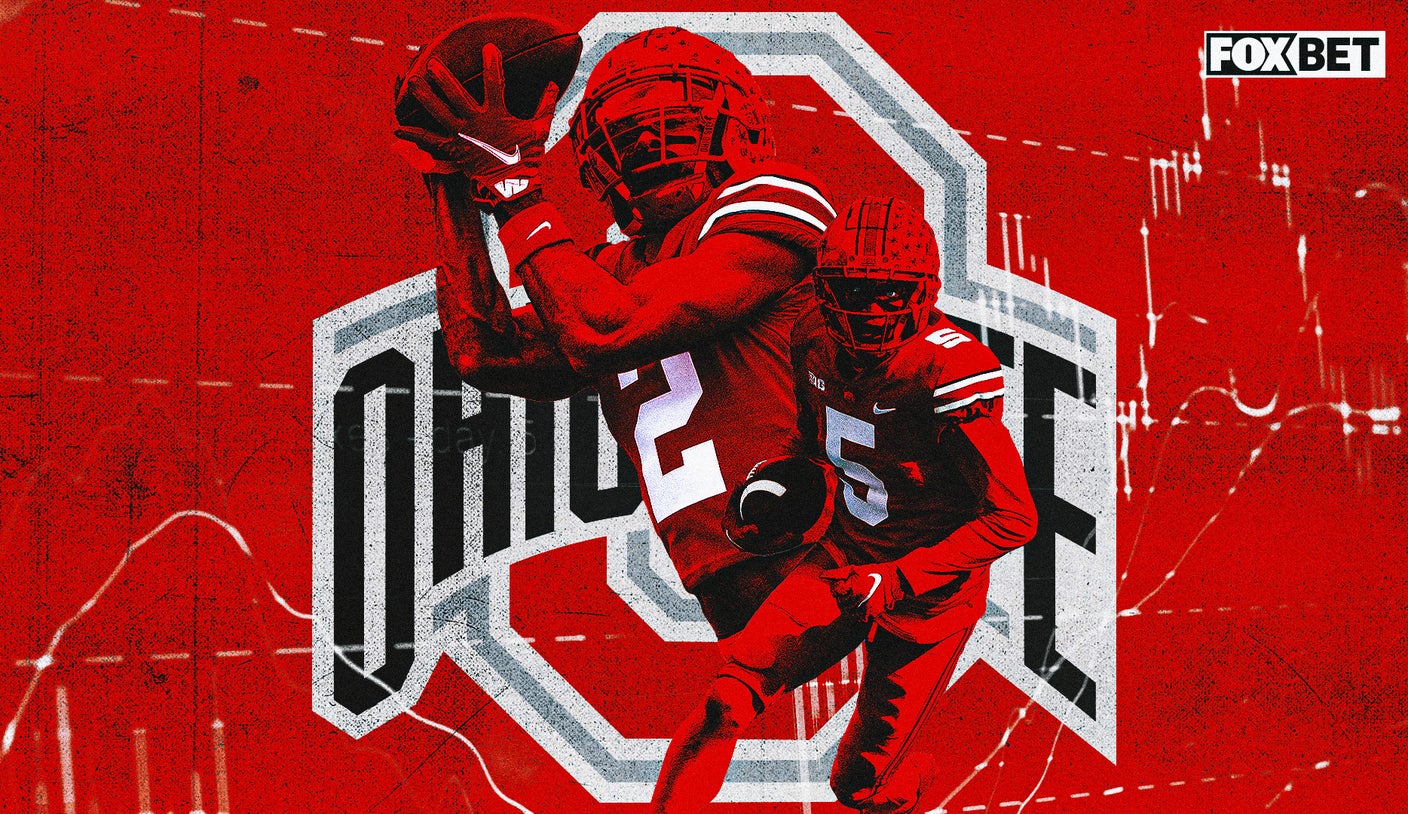
Tim Poole
For years now, both industry insiders and bettors themselves have bemoaned a lack of genuine innovation. Request-a-bets and cash outs have enhanced the sports betting experience but, at its heart, the product has not changed since its introduction.
Founded in 2015, UK-licensed Football Index aims to change that. Now, before you assume this is an advertorial promoting the company on its behalf, let me stress this is completely impartial and something I myself looked into after a few typical weekend sports wagering disappointments.
To be clear, I love traditional sports betting and am a big advocate of it. How frustrating is it though, to fully lose your stake thanks to a disallowed goal or last-minute deflection?
Through Football Index, I’ve found there is more of an emphasis on football knowledge and less on chance.
If you buy £5 ($6.13) worth of shares in a player who puts in a dominant performance but doesn’t score, their price will likely rise. If you bet £5 on that player to score at any time, their dominant performance means nothing and your whole wager disappears.
Bad performance, meanwhile? The price drops but, don’t worry, you’re still in the game to see another day.
I like the concept of utilising steady player knowledge, just as you would in Fantasy Football, rather than trying to “beat the bookies” by predicting a definite outcome which could go either way on any given day.
For Football Index to run as a business, there is no “us vs them” mentality and its profits are not hit by players actually winning. In terms of entertainment value, you could get a whole year out of a £20 deposit. That’s not something you can say for your average sportsbook.
With the current emphasis on responsible gambling, I feel Football Index’s concept lends itself very well to playing for true enjoyment, reducing the risk of a rogue VIP manager calling a customer up and tempting them into emptying their bank balance.
So, with a genuine alternative on offer, why settle for the same old feeling of disappointment when your weekend accumulator inevitably falls through?
Nathan Joyes
Football Index has recognised a gap in a very competitive market and for that I take my hat off to it. But what I think is key to remember, especially in 2019, is punters want to place quick, simple bets, hoping to be paid out within a couple of hours on a Saturday afternoon.
For the average sports bettor, who only places a few pounds on the weekend action, the concept can appear fairly difficult to understand. The constant yellow flash of prices changing every few seconds is off-putting enough in itself, to be frank. Football Index has a new, exciting concept, but it is very much up against it if it’s trying to attract the average punter.
It is also worth noting millennials don’t appear as keen to place ante-post bets and often sidestep any games which may be on separate days when building their weekend accumulator.
With Football Index, players have to be in it long term to potentially be rewarded, and with this product being predominately targeted towards a younger audience, I’m yet to be convinced it will be able to meet expectations.
Another concern of mine is missing players. For example, Todd Cantwell, who scored Norwich City’s second goal against Chelsea at the weekend, isn’t currently available to select.
Looking into Football Index, the best way I can see to “clear up” is by buying shares in a young prodigy coming through the ranks, rather than picking superstars such as Cristiano Ronaldo or Lionel Messi.
If a 21-year-old Premier League footballer isn’t available, this makes the punter’s job even harder in terms of spotting potential value and may well put them off altogether.
Don’t get me wrong, I like the fact Football Index has thought outside the box, away from stereotypical football betting, which many are finding boring. Whether it will be a success remains to be seen, but work remains to convince myself and millennials this is the future of sports betting.



